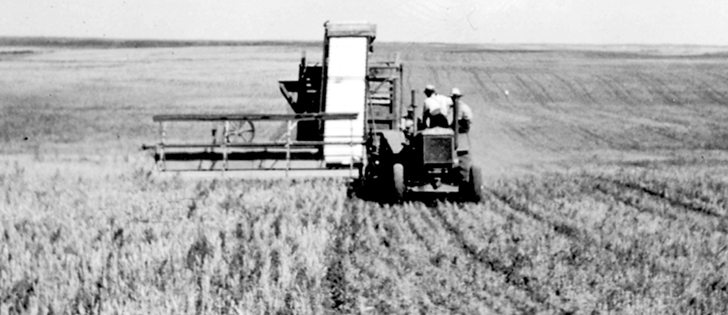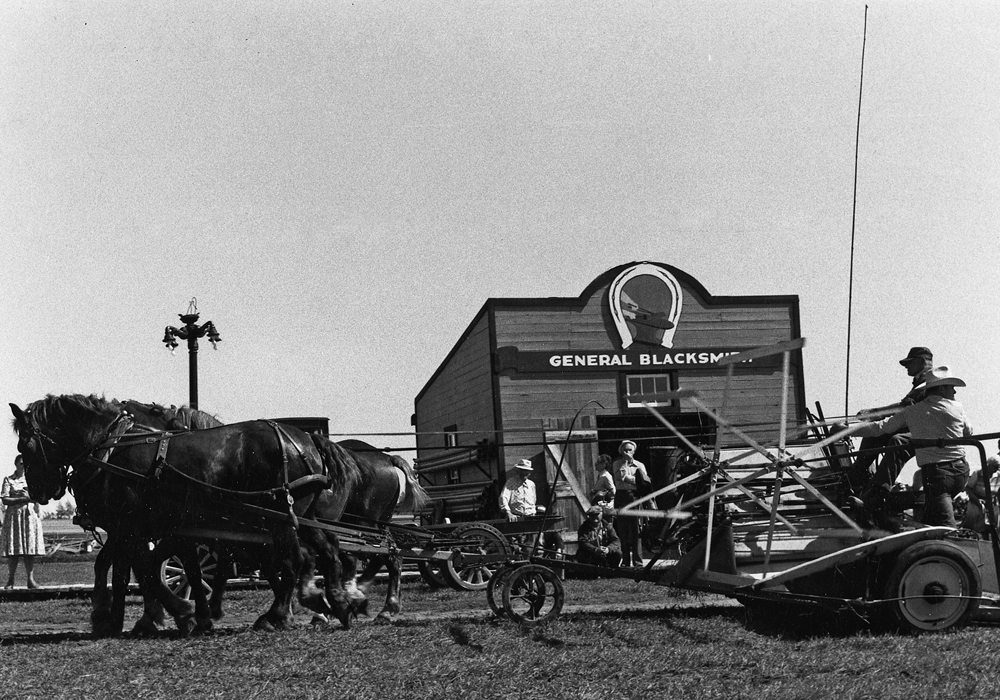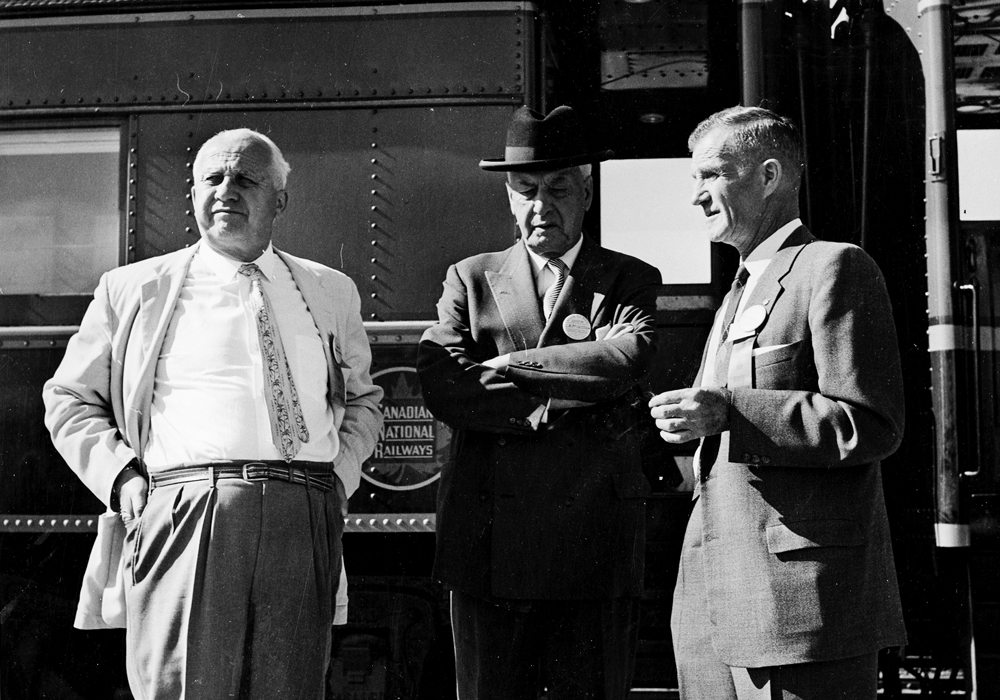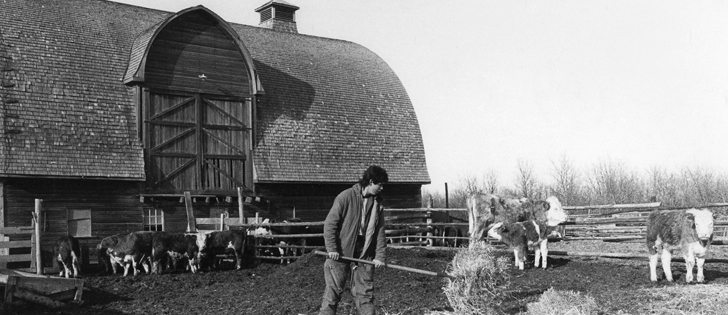The Western Producer takes a weekly look at some of the stories that made headlines in issues of the paper from 75, 50, 25 and 10 years ago.
75 years ago: May 22, 1941
The Canadian Bacon Board said it would use the War Measures Act to curb domestic distribution of pork products so that it would have more to sell to Great Britain under its bacon agreement with that country.
Farmers protested the three cent per gallon defence tax on gasoline, saying it particularly affected small producers who couldn’t afford diesel tractors.
Read Also

Farmer ownership cannot be seen as a guarantee for success
It’s a powerful movement when people band together to form co-ops and credit unions, but member ownership is no guarantee of success.
50 years ago: May 19, 1966
The European Common Market reached an agricultural financing agreement following a year of bitter debate, including a seven month boycott by France. The six member countries — France, West Germany, Italy, the Netherlands, Belgium and Luxembourg — set up a $1.6 billion fund for transferring farm control from national governments to the Common Market by 1968. They also agreed to put up a common tariff wall against goods from outside the Common Market by 1968.
Four Hereford bulls that boasted some of the best bloodlines in Great Britain were unloaded in Saskatoon May 12. They were selected by J.S. Palmer of Marsden, Sask., and would be used on his ranch as well as by Jack Urton of Duck Lake, Sask. Palmer had selected 12 bulls for Canadian breeders in the past six years.
25 years ago: May 23, 1991
Liberal MP Lloyd Axworthy from Winnipeg urged the three prairie wheat pools to amalgamate in the interests of efficiency and market clout. “The Canadian Wheat Board is a federal body which serves all the provinces, yet prairie grain farmers support three co-op grain companies,” said Axworthy, a former wheat board minister.
Agriculture Canada signalled its intention to significantly reduce the federal role in agricultural research. “You are going to see a continual withdrawal in the levels of support that is available for federally funded and other government labs,” said Art Olson, assistant deputy agriculture minister.
10 years ago: May 18, 2006
Soaring commodity prices were giving farmers something to smile about as they started a new growing season. Wheat prices were on a particular upward climb, driven by ethanol demand and worries about the U.S. crop. “It looks like there might actually be an opportunity to make some money this year and reverse some of the losses we’ve had for the last couple of years,” said Chuck Fossay of Elie, Man.
The first proposal from within the new Conservative government to loosen the Canadian Wheat Board’s marketing monopoly was expected to come from the chair of the House of Commons’ agriculture committee. Gerry Ritz planned to table a private member’s bill that would allow farmers selling their wheat to a producer-owned valued-added operation to bypass the CWB and its buyback requirements.
Ritz would eventually become agriculture minister and oversee the elimination of the wheat board’s single desk system and ultimately the board itself.















